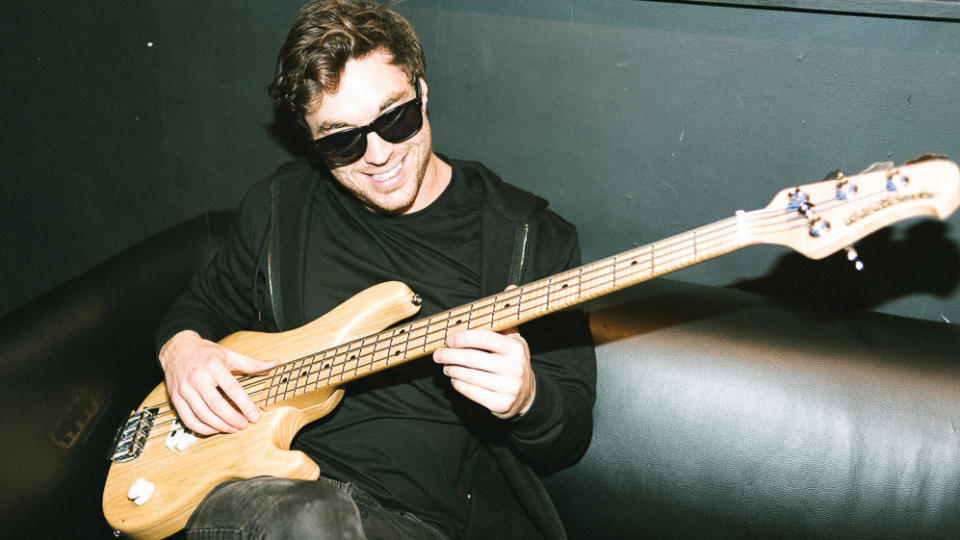Joe Dart teaching slap bass is the coolest music lesson you’ll see online this week

There is a lot of love for Vulfpeck's Joe Dart around these parts. Few contemporary players can pick up the bass guitar and access that sense of funk and groove so readily. He is a natural. So who better to play sage on the stage and host an online course for aspiring bassists?
Dart’s Bass 301 course is available now from the newly launched Vulf Conservatory, and it offers a comprehensive curriculum in all manner of techniques, styles and approaches. We think of and could describe Dart as a funk player. That’s the core element of Vulfpeck’s sound. But his Bass 301 syllabus is the sort of thing that any bass player can learn from.
And judging by this 11-minute preview, in which Dart teaches slap bass, there’s going to be no shortage of wisdom on offer.
Slap bass is a little like two-handed tapping on the electric guitar; it can sometimes gets a bad rep, people get all snooty as though it were a technique for showboaters, an anachronism. Maybe Seinfeld is partly to blame. And yet a mastery of percussive styles can open up all new avenues for more dynamic, more rhythmically compelling basslines. It can wholly transform how you think of the instrument.
As Dart says here, a lot of bass playing requires “thinking of yourself like a drummer”. Presented from a sound set lecture hall that’s dressed in pastel tones and lacquered wood, it is as though Wes Anderson is behind the camera.

Throughout, Dart’s signature Ernie Ball Music Man Joe Dart II bass is mounted on a stand – you don’t need to be lugging around a hunk of premium ash while your trying to elucidate the finer points of a technique and where it came from. He wears sunglasses indoors. Hey, the best teachers understand that a bit of theatre can enhance the pedagogy.
Dart opens this preview segment by discussing Flea’s influence on his melodic fingerstyle technique, running through his propulsive bassline for the Red Hot Chili Pepper’s cover of Stevie Wonder’s Higher Ground.
“Flea would be playing very percussive, and a lot of dead notes,” says Dart. “So I really learned how to hit the strings without making any notes ring out.”
Players can build upon this technique, using the dead notes as a rhythmic counterpoint rather than explicitly driving the melody – after all, one of the key decisions in any bassline is what musical information you want it to convey.
“I don’t know to what degree Flea did this or where exactly I got it but another thing you can add in is different rhythms within it, like a triplet rhythm. That’s, again, thinking of yourself like a drummer, and this is a particular style of slap that is distinct from, say, a Victor Wooten style of slap, where he is using his thumb more like a pick, slapping through the string and he’ll pull up and slap on the string on the way up, too, and he’ll get a double slap that way. I never did that. I always did the bounce off, which is the Flea thing.”
Even if you don’t play bass, it’s fascinating. Dart’s Bass 301 course is available now, and is priced $250 for seven lectures. This slap lesson was taken from his first lecture, which also features segments on using scales to compose, octave doubles, slides and muted playing, and Dart’s signature lick. In lecture two, Jaco, Jamerson and more are covered. For more information on the curriculum, head over to the Vulf Conservatory.

 money
money 